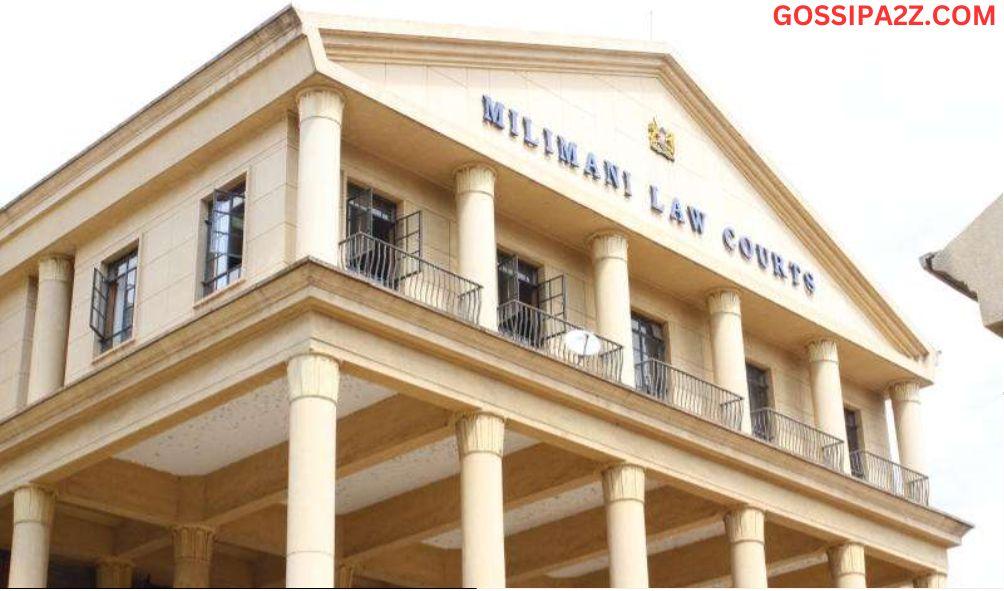Judicial Decision: LSK’s Unlawful Evidence in Government Case
The High Court has revoked orders prohibiting the government from importing duty-free cooking oil after determining that the evidence submitted by the Law Society of Kenya (LSK) was unlawfully obtained.
Judge John Chigiti ruled that two court-filed documents were confidential and that LSK did not follow the proper procedure to obtain them.
LSK produced a letter from the Treasury’s Principal Secretary authorizing the importation, as well as a departmental circular from the Commissioner for Customs and Birder Control authorizing the oil clearance.
The decision issued on September 1 now permits the government to import 125,000 metric tons of heating oil duty-free.

“This court finds that it lacks jurisdiction to determine a suit based on illegally acquired documents,” the judge ruled.
According to the judge, LSK neglected to explain how it obtained the court documents before submitting them.
ALSO READ: Behind Closed Doors: Magnates Securing Exclusive Deals in the Rice and Cooking Oil Industry
“LSK did not demonstrate that it made a request to be formally furnished with the two documents or that the request was declined,” the judge ruled.
In November 2022, the government announced the importation to assist Kenyans in coping with rising prices.
However, LSK contested the action, arguing that it would disadvantage local manufacturers and force them out of business.
LSK added that domestic production of heating oil was sufficient and there was no need for the government to import the product.
The society suggested that the government reduce the cost of production, particularly electricity, to reduce the price of locally produced culinary oil.
“Given the reason behind the duty-free importation, the respondents (government) have also ignored the provisions of the Price Control (Essential Commodities) Act of 2011 which permits the government to control or otherwise stabilize or regulate the prices of essential commodities to secure their availability at reasonable prices,” LSK stated.
Judicial Decision: LSK’s Unlawful Evidence in Government Case
